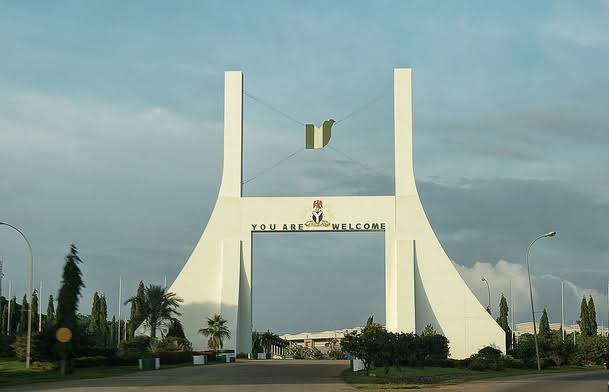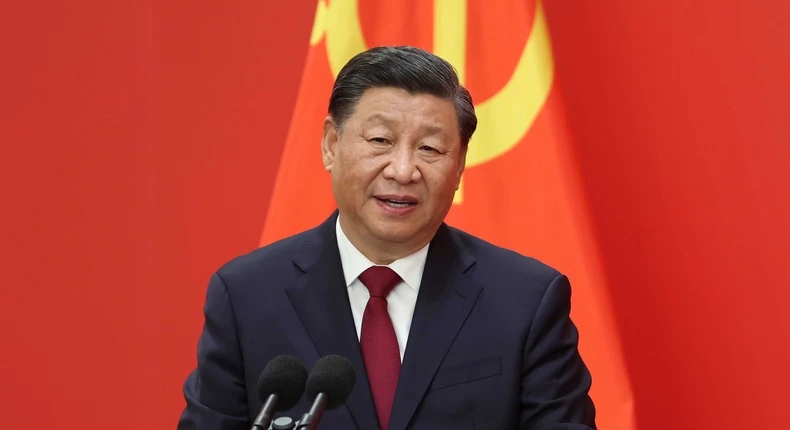Data from the Central Bank of Nigeria shows that demand for foreign exchange fell by 42 per cent year-on-year by individuals and companies engaged in importation and other forex-related activities.
The analysis showed that in 2023, 19 sectors and services received 21.12 billion dollars of foreign exchange allocations from the total sector’s currency use.
The figure was, however, a reduction of 41.9 per cent or $8.87bn from the $29.98bn disbursed to the industry players in 2022, according to The Punch.
The Central Bank has included these financial metrics in its statistical report for the quarter.
The process by which the CBN is allocating foreign exchange according to certain criteria and priorities for different sectors of the economy, including individuals, businesses, or government agencies has been referred to as FX allocation.
The CBN adopted a floating exchange rate system for the naira in June 2023, unifying all foreign exchange market segments resulting in significant depreciation of the Nigerian currency against the United States dollar and other global currencies.
It said, “The Central Bank of Nigeria wishes to inform all authorised dealers and the general public of the following immediate changes to operations in the Nigerian Foreign Exchange Market: Abolishment of segmentation; all segments are now collapsed into the Investors and Exporters window.”
The value of the naira fell immediately as a result. In the Investors and Exporters FX Window, the Local Currency fell from 471 to around 1,485 US dollars.
The naira weakened in the parallel market last week, reaching N1,500/$1 as the exchange rate continued to fluctuate.
Importers have been forced to reduce their demand for foreign exchange for goods and raw materials, affecting manufacturers, healthcare, education, and travel expenses, as a result of the narrowing of the gap between official and parallel markets.
Analysts suggest there could be a paucity of foreign exchange liquidity at the central bank, leading dollar buyers to move towards an alternative market.
A breakdown of the document showed that the CBN disbursed $14.27bn dollars to seven sectors for the import of raw materials and spare parts and $6.84bn dollars for invisible services in 2023.
This shows a decrease of $8.87bn from a combined release of $18.2bn for imports and $11.76bn for invisible services allocated in 2022.
A monthly analysis, showed that $2.62bn was released in January 2023, $1.94bn in February, $2.96bn in March, $1.78bn in April, $2.36bn in May, $2.11bn in June, $1.02bn in July and $1.15bn in August, $1.13bn in September, $1.1bn in October, $1.61bn in November, $1.34bn in December.
According to the Governor of the Central Bank of Nigeria, Dr. Olayemi Cardoso, the inflows of foreign exchange into Nigeria in the first quarter of 2024 amounted to about 136 per cent of the total inflows recorded in 2023.
However, the CBN governor at the Vanguard Economic Discourse had said that the regulator would continue to be focused on increasing the flows of diaspora remittances into the economy via official channels to improve liquidity in the foreign exchange market.










